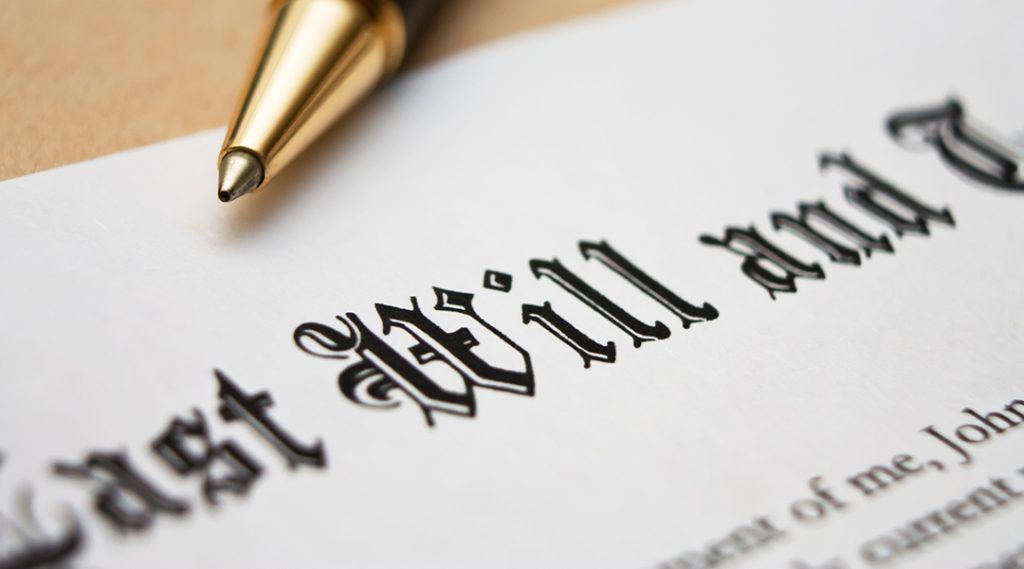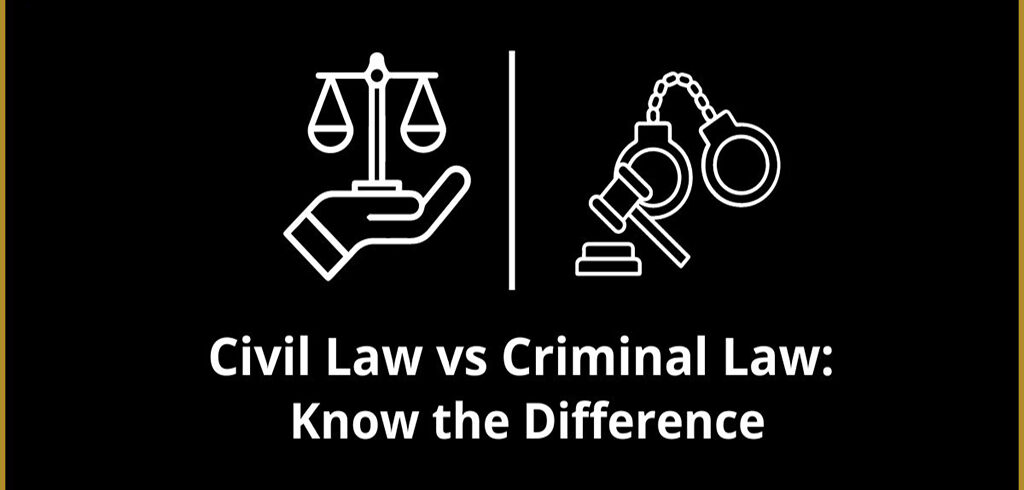
The idea of making a will is something most of the people are reluctant to even consider. As loss of life is a very sensitive issue, any topic that is directly or indirectly associated with it is avoided. however, for other people, writing a will is almost a necessity particularly if it concerns large property, assets and investments.
In Thailand, the exercise of making a will and testament is pretty not unusual amongst those in the top strata of society. The Thai people generally recognize the significance of executing a last will and testament so that the distribution of the property and residences will be done according to what is distinct inside the will. in the absence of which, the Thai inheritance law will decide what happens for your property upon your demise. One possibility is that your property, with out a will, can be distributed in line with the conditions of the Thai Civil and commercial Code taking account the kinds of relationships and order of priority of the lawful heirs.
For a Thai Will and testament to be valid the will need to be made by someone of sound mind and need to follow one of the forms prescribed in chapter 2 of the Civil and commercial Code.
a person need to be at least 15 years of age or he cannot witness or make a will. The beneficiary in the last will or testament can’t be a witness of the will.
A Thai Will and testament is considered final and executory if all the particular necessities and prerequisites of the sort of Will and testimony made are complied with. If one of the specifications are not met, it can be questioned for its validity, and in the end be considered null and void.
Kinds of Will in Thailand
Holographic Will. The most common last will and testament in Thailand is one carried out via the testator in writing, dated at the time it turned into written, signed through the testator with at least 2 witnesses who sign their names to certify the signature of the testator.
A secret document registered with the local Amphur. The testator have to close the document (his last Will), sign and hand it over to the same official as defined in section 1660 of the Civil and commercial Code. 2 witnesses must also sign the closed document and the official will seal the closed final Will and testament. If the last Will and testament was not handwritten by way of the testator, he (testator) have to state the name and domicile of the writer.
Will by using word of Mouth. That is allowed under Thai law in sure cases or superb instances such as imminent danger of dying which prevents the person from creating a will in any of the prescribed forms as prescribed inside the Civil and commercial Code.
A public document. The last Will and testimony may be made as a public record at the local amphur by way of a declaration to the relevant public officer. The testator must claim his needs inside the Thai language to the general public officer who in turn have to write down the testator’s statement in the Will in Thai. The official should read the declaration once more to the testator and witnesses who have to additionally sign the last Will that is drawn up with the aid of the Thai public officer. it’s far required that the testator using this form need to read and write Thai.
The last Will and testament in Thailand is difficulty to the appointment of an executor or administrator. The court determines if the testator has made a valid will. If no legitimate legal Will and testament is made or decided, the property could be disbursed most of the statutory heirs pursuant to precise Thai Inheritance laws.
If you need a Phuket Lawyer for cases like this or setting up business, handle property and real estate or even immigration cases, don’t hesitate to contact us at HWAL International Law Firm! We will be glad to review your case and provide solutions!





